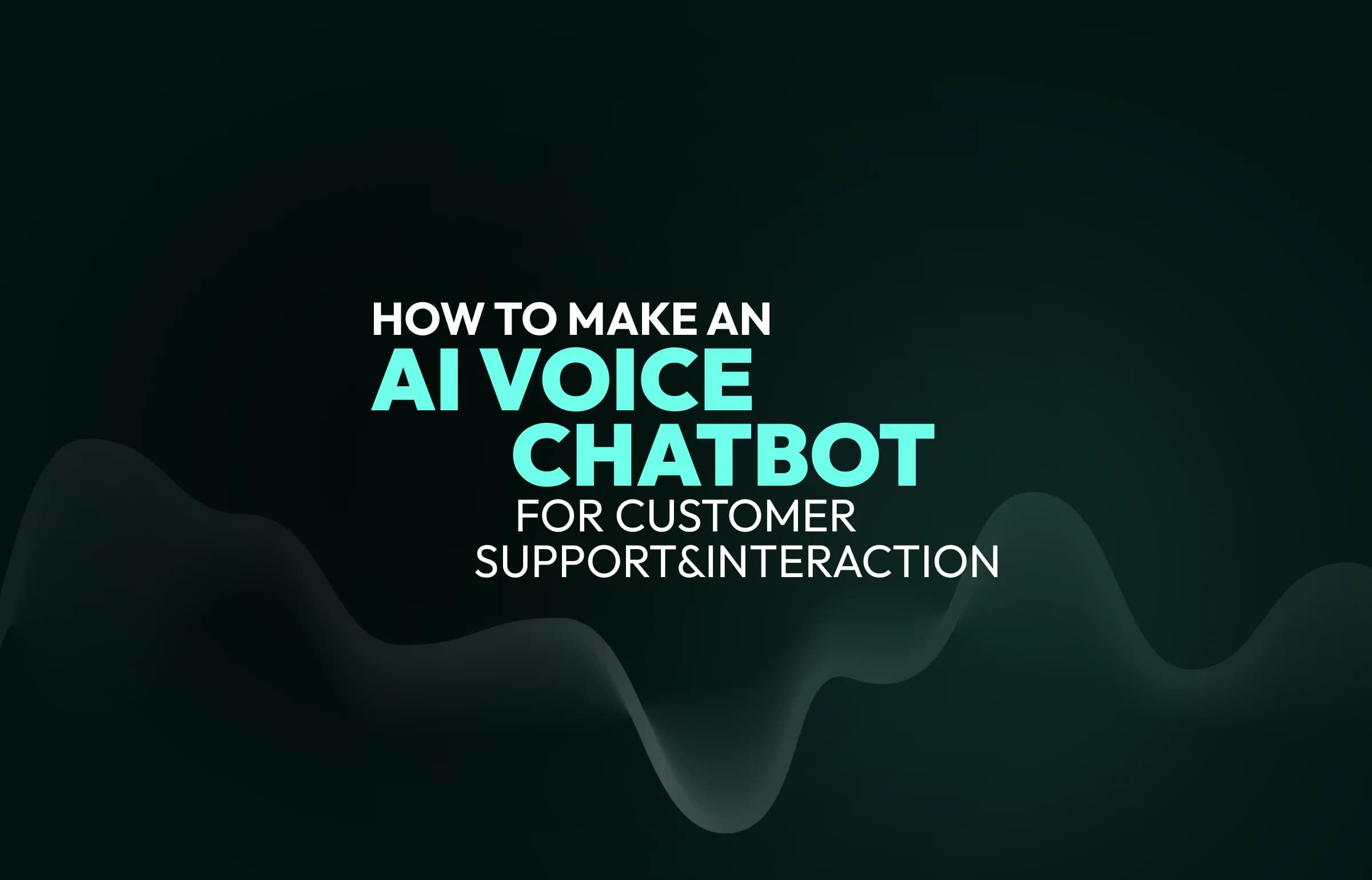
All NORTH AMERICAN BEST STARTUP ACCELERATORS
Updated:April 28, 20257 min read
It this fast-paced world, when trends become mainstream in a few days, it is important to hurry in order not to lose a moment of the most enticing conditions for your startup’s establishment.
What are the startup accelerators for?
Asking for help may become one of the leading decisions of your life. It can not only boost your performance but also speed up the timing of your set-up. It this fast-paced world, when trends become mainstream in a few days, it is important to hurry in order not to lose a moment of the most enticing conditions for your startup’s popularity. Here’s where the startup accelerators come in. With the growing number of new ventures, it was inevitable for them to emerge in the tech market. These companies employ the best professionals in the tech, business, and financing field. So what do startup accelerators really do?
- Help the startup initiators to build the early versions of their products (MVPs);
- Assist in choosing the most promising target audience groups;
- Improve the resource-accumulative process: hiring employees and finding investors;
- Provide the first starting capital (which is usually not big but enough for the beginning);
- Offer various networking opportunities – e.g. get you acquainted with the developers, investors, businesspeople, possible customers;
- Arrange an event usually called “Demo Day” where you present your product and the investors choose whether to allocate you the money or not;
However, isn’t it what startup incubators do, also? Yes, still, there is a difference in their basic features and performance. The main distinction is in the timing because, usually, the collaboration with startup accelerators lasts for 3 months on averagely, whereas, with startups incubators, you will have to spend more than 1 year. Why? Not all ventures are ready to make a winning shot in the beginning. Some of them are fragile, although the idea might be great! That’s why accelerators suit the projects with a basis and understanding of the business. In the case of incubators — the initiators usually start from very scratch and these guiding companies bring them up, like a child — teaching how to walk in this challenging tech world. Overall, incubators give you a strong base, however, with great time expenditure. Vice versa, accelerators provide you a fast start. These characteristics can be seen even through the meanings of the words:
- Accelerate (v) to happen or make something happen sooner or faster (Cambridge dictionary);
- Incubate (v) develop slowly after a lot of thought or discussion (Collins).
We will tell you about different startups accelerators in four articles: North American, Australian, Asian, and European startup accelerators. This is part 1, where we develop the North American tech conditions for your project!
US best startup accelerators
Y COMBINATOR
Y Combinator is a venture fund based in California. Twice a year they provide 150 thousand dollars to startups. Then they start cooperating with them for three months, helping to improve their product and make it enticing for the potential shareholders. Each cycle ends with a Demo Day, however, the collaboration itself does not finish because Y Combinator helps its former “students” to maintain the achieved quality even after graduation. The beginnings are always the hardest, especially when you are a newbie in the tech business world. Y Combinator can become your guide and say “You shall not pass” in case you play with fire.

Since their development in 2005, Y Combinator has worked with 2000 startups and created a community of more than 4000 founders. So, their experience is hard to underestimate. Among their most famous students are GitLab, Amplitude, Weebly, Airbnb, Dropbox, and Instacart. During the three months spent in this startup camp, founders meet with the company’s representatives every two weeks. That’s the time when you talk about your project, express ideas, listen to experts’ opinions and get ready to present your product to not only investors but also the press. This way, even if during the Demo you won’t find “your person”, there will be a spread of information about your product, enlarging the possibility to launch the project with funders from other areas. Once a week they host a dinner with a person whose startup worked out (they added Mark Zuckerberg’s photo near that info). Y Combinator also arranges other preparatory assistances like Prototype day, Rehearsal day, and Alumni Demo day. They are supported by Silicon Valley.
TECHSTARS
American seed-accelerator based in Colorado produces tech-stars since 2006, which is displayed in their name accordingly. Each year they choose 500 ventures and provide each startup with a mentor, which yields even better results in terms of learning. They invest 120 thousand dollars and provide hands-on material and activities that help to get in-depth business knowledge. Since its foundation, the company has worked with more than 2 thousand startups, investing more than 9 billion dollars in them. The verticals they grasped include aerospace, logistics, finance, retail, and others.

Among their clients are SendGrid, Localytics, SendBird, SalesLoft, and DataRobot. Techstars provides ecosystem development, helping local sustainably based companies to reach a broader audience. Techstars Startup Weekend is an event where you can develop new ideas, find partners for your project, create a prototype, and discuss your business opportunities with mentors and industry judges. Techstars Startup Week includes a 5-day-long set of meetings with leaders and the best startup founders. “We are here to start a movement” states this accelerator and teaches you how to walk in the tech world.
500 STARTUPS
If you want to find out the number of 500 Startups’ clients multiply its name by 4.5 and get increased expectations about its mentors and programs that came true for approximately 2300 companies from 75 countries. They worked with startups from Toronto, Sao Paulo, Dubai, Hong Kong, Istanbul, and good old Silicon Valley, which is not a country but still, it provides as much value to the world. Their programs last longer than the previously described ones – namely 4 months.

Among their successfully launched startups are Udemy, Talkdesk, Facturama, Leco, Carengo, and Mojio. They presented all of their clients on a separate page, so you will be able to see all of them, like basically ALL OF THEM. We spent 10 minutes scrolling till the end of the page, comprehending all of their experience. They have a special training program for investors, as well. 500 Startups’ main advantage is the strong supporting community, network, and well, money — 150 thousand for 6% exchange from the success of your startup.
ANGELPAD
Working with startups at the pre-initial stage, called seeding, AngelPad has launched more than 150 companies since its launch in 2010. They are based in New York City and have at least 15 teams dedicated to the coaching, consulting, and development of ventures. They chose the traditional accelerating timing — three months. This company states that they don’t need a lot of clients to do the trick — they work with fewer startups, producing better quality. Less equals more – this is the case.

Their work includes researching the product market, defining a target audience, working with documentation and validations. Arranging meetings and fundraising events, AngelPad has become the number 1 accelerator according to Brown University MIT. They invested in AllTrails, Drone Deploy, Runnable, Elastic Box, and many other ventures from the fields of SaaS, Marketing, Data, Dev Tools, Health, and Ads. “We are the family,” they say, and support their words by showing that even with a relatively small (comparing to previous companies) client base it is possible to gain high respect and popularity, at the same time forming an attachment.
Canada
HIGHLINE BETA
Based in Toronto, this accelerator helps Fortune 1000 – which consists of the best American businesses — to continue the development in the right direction by identifying new areas of growth and introducing innovation to the product. This creates a strong base of experience necessary to work with startups as well. The team consists of entrepreneurs, product leaders, investors, and coaches who willingly share skills.

Among the companies Highline Beta invested in are MedStack, ChargeLab, Drop, and Relay. Their education diversity is immense — Female Funders investment education, Accelerator Startups Program, and Sustainability improvement. They invest up to 300 thousand dollars in the first check. The main areas are FinTech, InsurTech, CPG, and Sustainability. If you’re up to the startup co-creation the sum of funds raises up to 500 thousand dollars. Overall, such collaboration enables startupers to get fast development and substantial funding, which is pretty much the main factor of a successful launch.
FOUNDERFUEL
It’s Canada’s leading venture accelerator that, unlike Highline Beta, targets mostly Canadian startups. For now, their client base consists of 95 companies who raised 450 million dollars and created 1,6 billion dollars of market value. They aim not only to help the startups to fly over but also to create the right entrepreneur mindset, important for future development without assistance. They state that there are four prerequisites of a truly successful company — narrative and communication, network and collaboration, execution and discipline, leadership, and motivation.

FounderFuel’s program consists of the Mentor matching during the first week where the best coaches are chosen to fit specific types of startups. The important company will have not one, not two, but the whole group of mentors — something that other companies may lack. Together, they evaluate the prospectives and set the goal, identify issues and find a path to solve them. Then it’s a matter of pure hard work. FounderFuel often arranges talks and meetings with the leading experts. They help the biggest Demo Day in Canada. The requirements for entering the program, as compared to other startup accelerators in 2020, are very friendly — at least two people, one of which is a tech coordinator, must be open to full-time work and new experience.
So, what is the best startup accelerator in the world?
The answer couldn’t have been simpler — the one that fits your needs. If you have a newborn startup, better go for seed-funding accelerators who will begin their coaching with the most basic things, gradually enlarging the knowledge and turning them into a strong foundation for your success. If you already have some grasp of what happens there with all the startuping, choose those that target complex areas of venture development. Your choice will also depend on where you are because, well, you need to be on Demo Day and it’s easier to collaborate with the investors from your country or even the city. We will continue the list of startups accelerators in the next article — this time targeting Asia and Australia.



